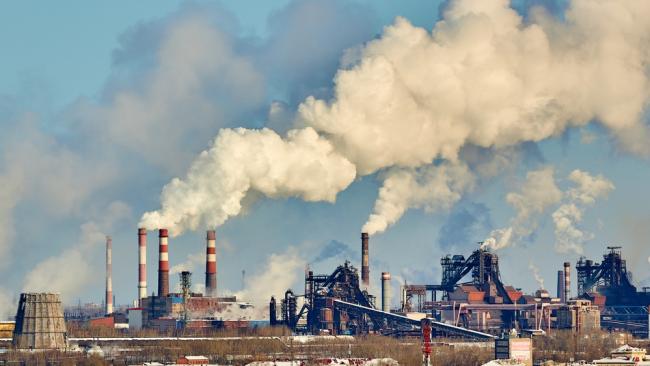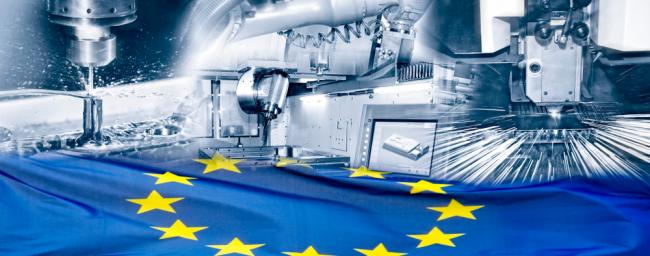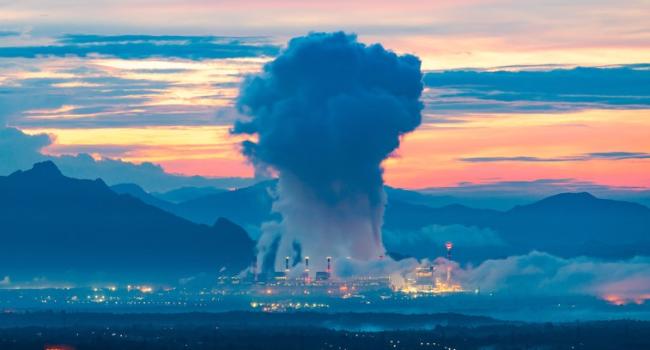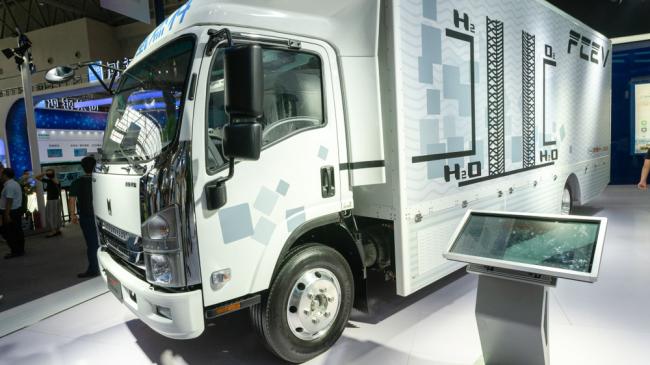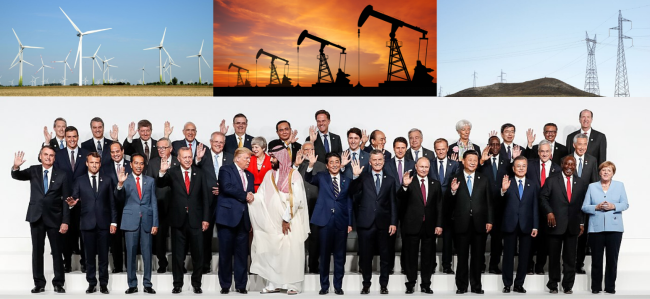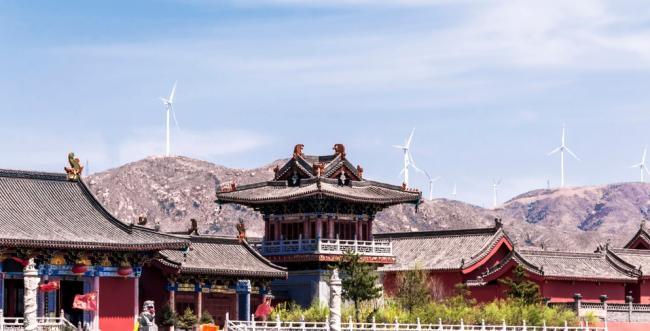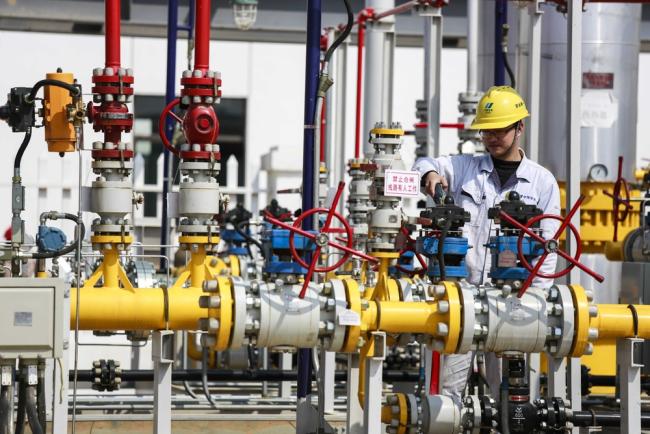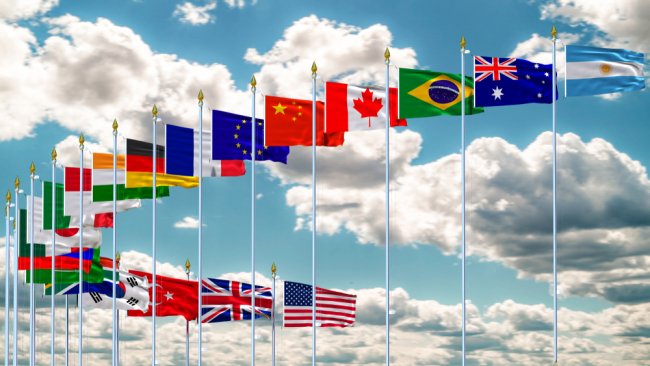Can the Biggest Emitters Set Up a Climate Club? A Review of International Carbon Pricing Debates
The world’s largest emitting countries are reconsidering the role of carbon pricing instruments and increasingly looking at carbon border adjustment mechanisms (CBAMs) to address leakage concerns. This renewed momentum should trigger a broader discussion on how to make trade policies compatible with the climate agenda.
Green Batteries: a Competitive Advantage for Europe’s Electric Vehicle Value Chain?
Aligning its climate and industrial policies, the European Union (UE) is introducing sustainability requirements for the whole life-cycle of electric vehicle (EV) batteries. This initiative would not only ensure that EVs fit with Europe’s climate-neutrality and resource-efficiency pledges, but also give European new entrants a better chance to compete.
Addressing the Climate Emergency: Closing 1,000 Gigawatts of Coal Plants by 2035
In order to have any chance of limiting global warming to well below +2°C, there is no choice but to tackle coal-fired power plants head-on, around the world.
Prospects of a Hydrogen Economy with Chinese Characteristics
This study assesses the prospects of a hydrogen economy with Chinese characteristics. Against the backdrop of an escalating US-China trade war and the ongoing novel coronavirus (COVID-19) pandemic, key Chinese stakeholders become increasingly interested in moving the hydrogen economy agenda forward.
The Renovation Wave: A Make or Break for the European Green Deal
European buildings are old and too often inefficient, past policies have not delivered and the amount of investment into energy efficiency must be scaled up dramatically to meet the 2030 targets and ultimately, the carbon neutrality objective.
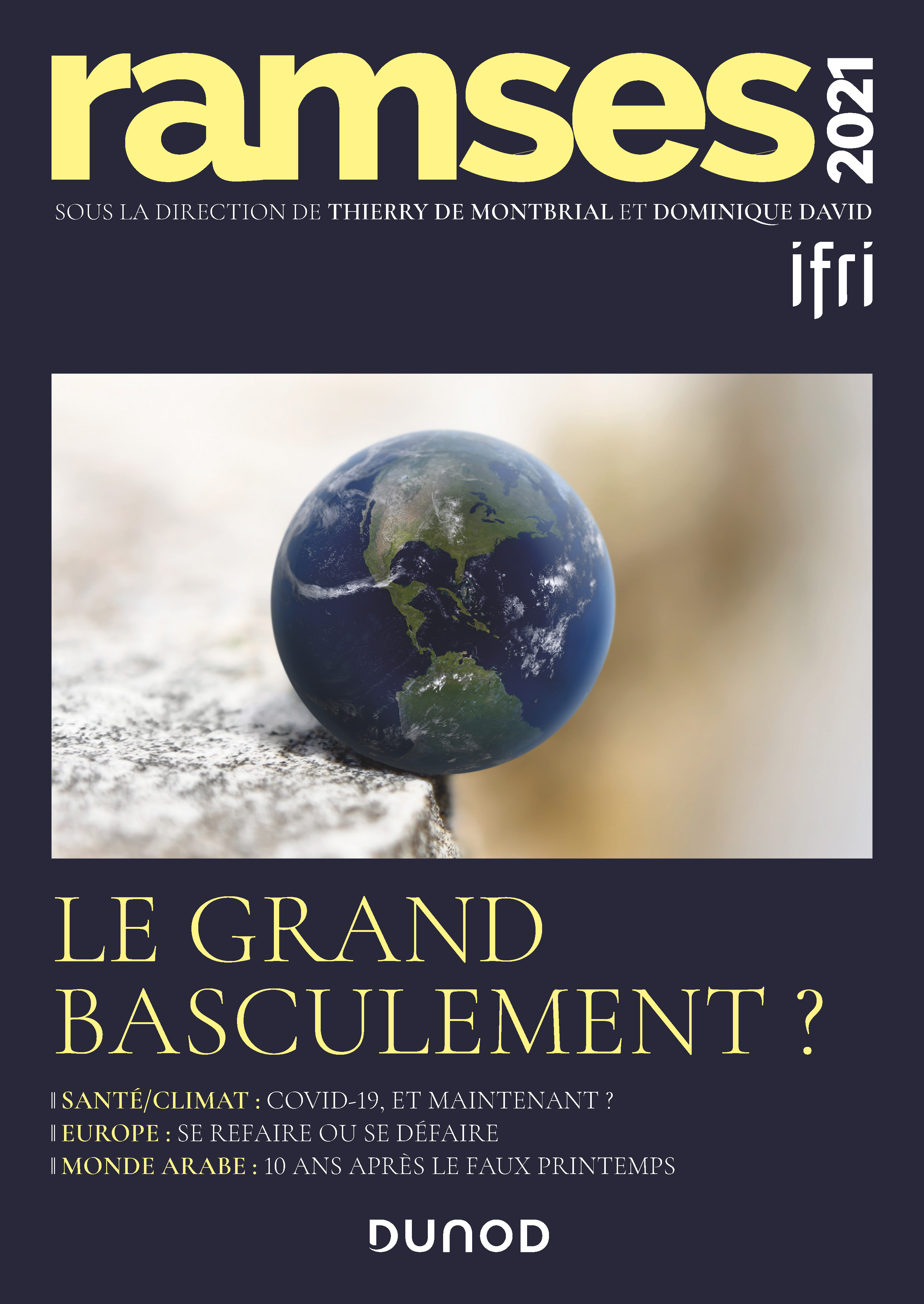
RAMSES 2021. At the Edge?
RAMSES 2021. At the Edge?, written by Ifri's research team and external experts, offers an in-depth and up-to-date analysis of geopolitics in today’s world.
Energy, Climate and the Covid-19 Shocks: Double or Quits
The shocks from COVID-19 likely to affect energy and the climate are multiple and unprecedented in scale and scope.
Shocks from collapsing prices due to plummeting and then paralyzed demand combined with overproduction: this is the case for oil, but also to a lesser extent for electricity and gas. Other raw materials are also being affected.
Shocks to investments, because oil as well as electricity companies are experiencing dramatic falls in earnings while waiting for the peak of the pandemic to pass. They are cutting spending and revising or postponing projects. Jobs and smaller company survival are under threat.
China’s Ambiguous Positions on Climate and Coal
China’s 2018 energy consumption data capture the ambiguity of Beijing’s attitude toward climate change. Energy demand rose by 3.5% to 3,155 million tonnes of oil equivalent (Mtoe), with an increase of coal consumption (though its share in the overall energy mix is decreasing) and an expected greenhouse gas (GHG) emission surge of 2.3%, to 9.5 gigatonnes (Gt) for the same year.
China’s Quest for Blue Skies: The Astonishing Transformation of the Domestic Gas Market
China’s gas industry has been moving into a new era. China’s natural gas demand has skyrocketed amid a state campaign that encourages coal-to-gas switching. In just two years, China added 75 billion cubic meters (bcm) to global gas demand, the equivalent of the UK gas market, the second largest European market. Despite steadily rising, Chinese gas production has not been able to cope with such a huge increase in demand and gas imports have also surged.
Sustaining Multilateralism in a Multipolar World. What France and Germany Can Do to Preserve the Multilateral Order
While international multilateralism is under strain, it is vital for France and Germany to defend it, since it is the most appropriate system for preserving their interests – particularly in terms of welfare, security, prosperity and environmental protection. Against this backdrop, three political fields offer opportunities for joint initiatives: trade, conventional arms control and climate change.
Support independent French research
Ifri, a foundation recognized as being of public utility, relies largely on private donors – companies and individuals – to guarantee its sustainability and intellectual independence. Through their funding, donors help maintain the Institute's position among the world's leading think tanks. By benefiting from an internationally recognized network and expertise, donors refine their understanding of geopolitical risk and its consequences on global politics and the economy. In 2025, Ifri supports more than 80 French and foreign companies and organizations.







